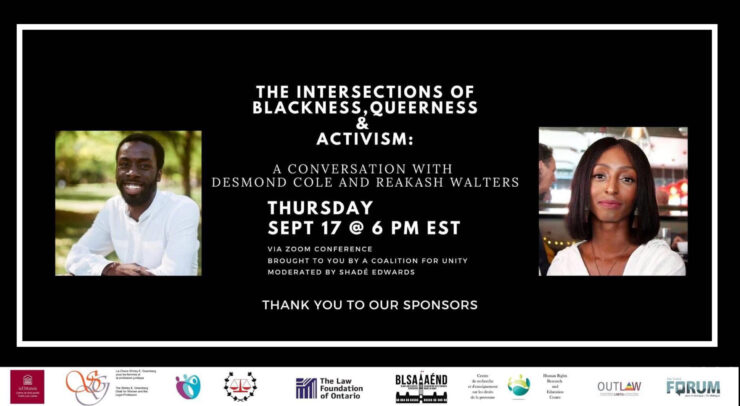A look into Doctor Jessica Forrest’s research into bee ecology
Dr. Jessica Forrest, an associate professor at the University of Ottawa, and her team at Forrest Lab have been studying the evolutionary ecology of plant to pollinator interactions. Forrest lab has been researching how climate change has been affecting these populations, with a focus on bee biology and pollination ecology.
Dr.Forrest and her team usually study in the rocky mountains of Colorado, benefitting from the marginal climate allowing for a more active and thus longer season. However, due to COVID-19, they have been studying the local bee population. Locally the team has been studying the bee communities within the Ottawa – Montreal regions, and how they are affected by aspects such as flower availability over time, or how the availability of these wild bee communities has an effect on crop yield.
The summer drought in Colorado has been allowing these insects to be studied for much longer periods, however, the risk of wildfires have been destroying their habitat, bringing added difficulties
“The direct effect of warming could be positive for these bees as it is warm enough for them to fly more of the time but then indirect effects include drought causing their flowers to produce less nectar or just to be less available,” said Dr. Forrest.
When people tend to think of bee populations, they typically associate with honey bees, which have been increasing in population over the past few years. The more at-risk population that Dr. Forrest looks at are wild bees, with a preference for cavity-nesting solitary bees. These species are nested in artificial structures, where Dr. Forrest and her team are able to extract eggs from and perform research.
“We’ve shown that changes in temperature can affect the number of generations that a bee population is able to achieve in a given amount of time,” said Dr. Forrest. The changes in temperature are stimulated within growth chambers at different temperatures.
In a recent publication published by Manuel Sevenello, Risa D. Sargent and Dr. Forrest, the team studied spring wildflower phenology and its pollinator activity response with climate change. Research like this sheds light on the climate change situation and its effects on our planet’s ecology, and how slight effects can change behaviours.
Dr. Forrest also notes the specialization of bees, and their preferences towards different pollen depending on the species. Dr. Forrest notes a particular interest in why these species choose to specialize.
“Why would you narrow your dietary scope in that way? And then, if you are a specialist, why specialize in a particular type of plant?”
Forrest Lab has conducted experiments where they are able to transfer eggs from one kind of pollen provision onto another kind. With these experiments, they are able to see if there are any benefits to specialization or if it is a behavioural constraint on that species.
With this research, they would be able to note what kind of plants do provide good resources for bees, thus allowing for a more applicable pollinator garden that can provide wild bees with the habitats that they need.







